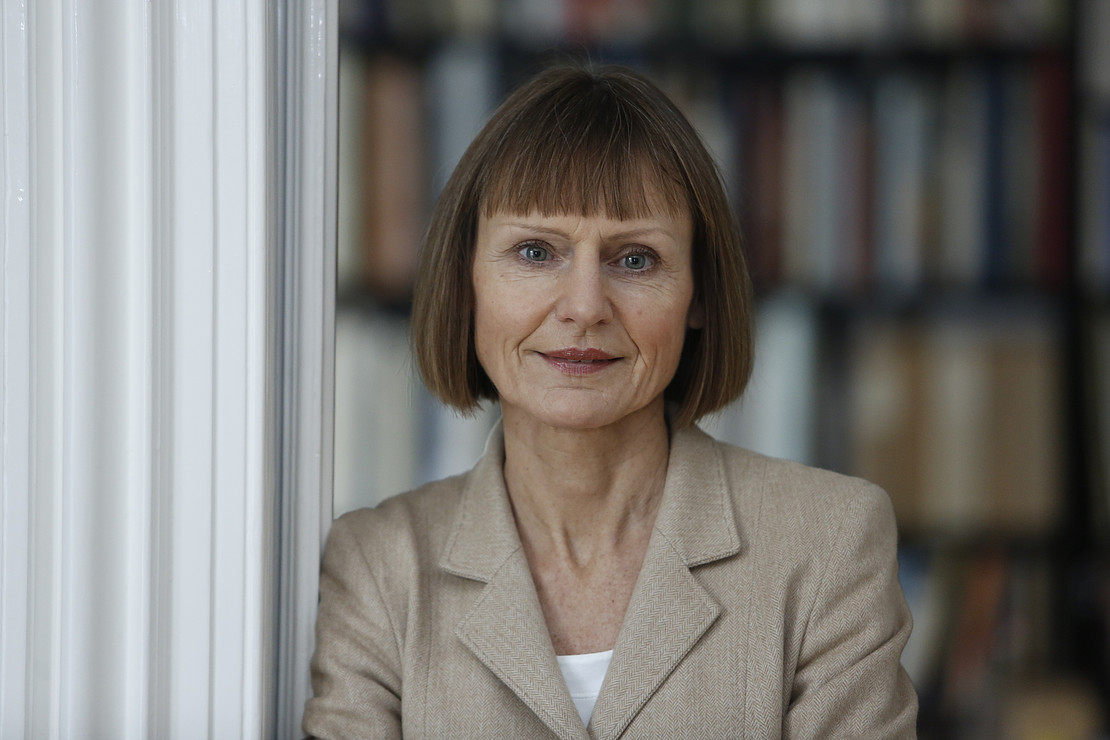This page contains automatically translated content.
Medieval canon law under the digital magnifying glass

The research focuses on the decree of Bishop Burchard of Worms, who held the office from 1000 to 1025. Under the direction of Prof. Dr. Ingrid Baumgärtner (University of Kassel), Prof. Dr. Klaus Herbers (Friedrich Alexander University Erlangen-Nuremberg) and Prof. Dr. Ludger Körntgen (Johannes Gutenberg University Mainz), three main research goals are to be achieved: first, the work is to be analyzed from several perspectives; second, the publication of a critical edition online and in print is envisaged; third, an internationally oriented digital working platform for text indexing and analysis of the history of impact is to be established. The research project has now been accepted into the academy program of the Union of German Academies and will be funded with around 6 million euros, spread over a period of 18 years. "The funding recognizes the strong influence of the decree and shows how important a fundamental analysis is. We are very pleased about this," says Baumgärtner.
Until the 20th century, ecclesiastical law shaped developments in Western and Central Europe and also contributed significantly to the formation of common European legal foundations. The DecretumBuchardi is a particularly important document. It was already widely known in the 11th and 12th centuries - not only among scholars of canon law. In the planned research project, the traces of its impact in the European area will be explored, especially in Germany, Italy, France and Spain. Through this impact-historical orientation, the project is methodologically innovative, but also through its digital component: thus, in the future, the planned working platform will also make materials such as manuscripts, catalogs and source editions available in open access and enrich scholarly exchange on an international level.
Contact:
Prof. Dr. Ingrid Baumgärtner
Department of Medieval History
University of Kassel